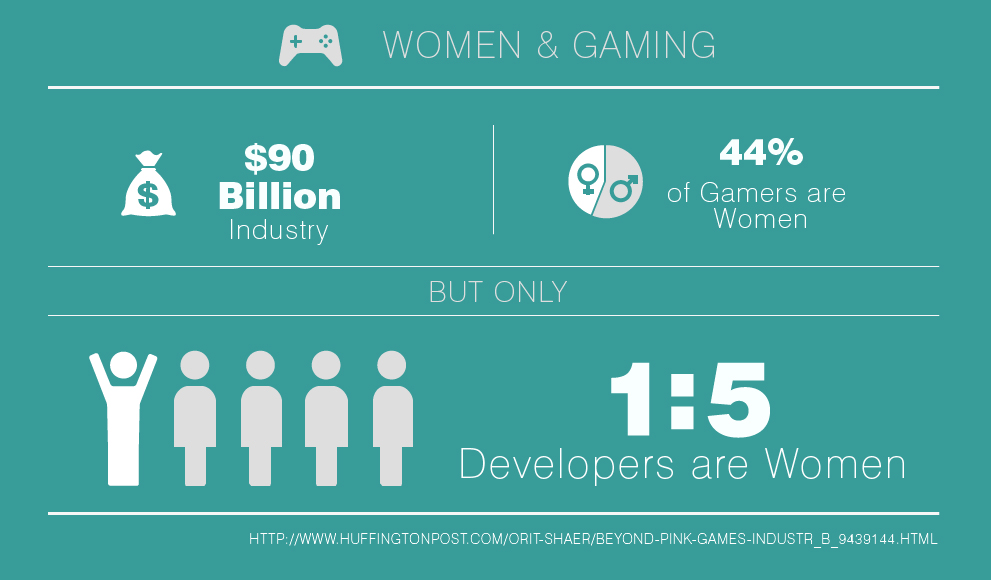Writing for the Huffington Post, Professor Orit Shaer Argues, "Industry and Academia Must Work Together To Engage Women Gamers and Developers"

Women are an increasing demographic in the gaming world. A survey by the gaming industry's top trade group indicates 44 percent of all gamers are women and women age 18 or older represent a third of the entire game-playing population. As their numbers grow, so does the need for discussion about the need for more women developers and the disturbing harassment women gamers can face. As the New York Times reported, even the hugely influential SXSW festival devoted an entire summit to address the concerns of women gamers.
Orit Shaer, Associate Professor of Computer Science and Media Arts and Sciences, and Director of Wellesley’s Human-Computer Interaction Lab, recently penned a piece for the Huffington Post which used the Davis Museum's current featured exhibit, The Game Worlds of Jason Rohrer, to frame a discussion about women and gaming.
"Exhibiting the work of controversial game developer Jason Rohrer at Wellesley’s Davis Museum (currently open) might seem like an odd choice for the elite women’s college..." Shaer wrote. "However, a close examination of Rohrer's work incites a conversation about gender and gaming that's sorely needed and that will—using Wellesley as just a starting point—extend the discussion to contemplate the changing role of women in gaming at a crucial juncture."
Shaer and colleagues Nicholas Knouf, Assistant Professor of Cinema and Media Studies, and David Teng Olsen, Assistant Professor of Art, also presented a panel discussion last month that brought industry and academia together on this critical topic. A video of the discussion is embedded at the end of the blog post.
The blog post explores her research, including discussing a survey conducted with colleagues at Wellesley of over 300 game-playing students and alumnae of Wellesley College, which, she wrote, "paints a complicated picture of women and gaming at this moment and demands a radical re-evaluation of how we engage young women in this field."
Read "Beyond ‘Pink’ Games: Industry and Academia Must Work Together To Engage Women Gamers and Developers" on the Huffington Post.
